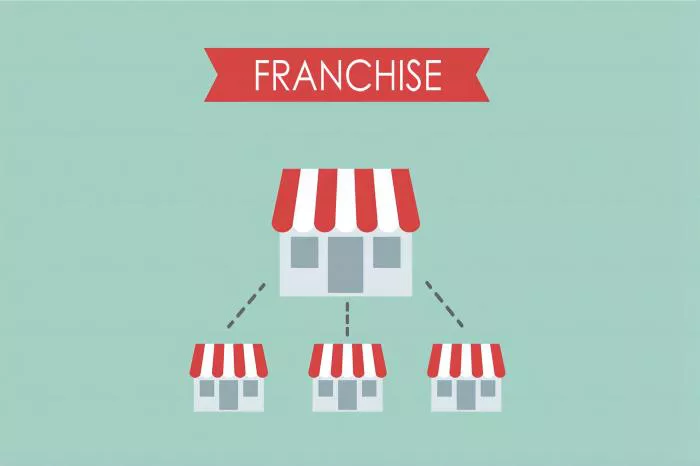Q1. What is the franchise economics?
Franchise economics refers to the financial aspects and considerations involved in owning and operating a franchise business. It encompasses various financial factors that impact the profitability, sustainability, and overall success of both the franchisor and the franchisee. Here are some key aspects of franchise economics:
Initial Investment: This includes the initial franchise fee, startup costs, and any required investment in equipment, inventory, or real estate. Understanding the initial investment is crucial for potential franchisees to assess the feasibility of entering into a franchise agreement.
Royalties and Fees: Franchisees typically pay ongoing royalties and fees to the franchisor for the right to use the brand, business model, and ongoing support services. These fees may be fixed or based on a percentage of sales. Franchisees need to factor these costs into their financial projections and budgeting.
Profitability: Franchise economics assesses the potential profitability of the franchise business. This involves analyzing revenue streams, profit margins, and operating expenses to determine the potential return on investment (ROI) for the franchisee.
Operating Expenses: Franchisees must consider various operating expenses, such as rent, utilities, labor costs, marketing expenses, and supplies. Managing these expenses effectively is essential for maintaining profitability and financial sustainability.
Economies of Scale: Franchise economics may benefit from economies of scale, where larger franchise networks can leverage their size to negotiate better pricing with suppliers, reduce operating costs, and increase profitability.
Territorial Rights: Franchise economics also involves evaluating the territorial rights granted to franchisees. Exclusive territories can provide franchisees with a protected market area, reducing competition from other franchisees and maximizing revenue potential.
Financial Performance Metrics: Franchise economics uses various financial performance metrics, such as return on investment (ROI), net profit margin, cash flow, and break-even analysis, to assess the financial health and performance of the franchise business.
Risk Management: Franchise economics considers risk factors associated with owning and operating a franchise, such as market competition, economic conditions, changes in consumer preferences, and regulatory compliance. Franchisees need to mitigate these risks to protect their investment and long-term viability.
Franchise economics plays a crucial role in decision-making processes for both franchisors and franchisees. It involves evaluating the financial aspects of franchising to ensure profitability, sustainability, and success in the long run.
Q2. What is the food franchise?
A food franchise is a business model in which a franchisor grants a franchisee the right to operate a restaurant or food-related business under the franchisor’s brand name, business model, and operational standards. In exchange for this right, the franchisee typically pays an initial franchise fee and ongoing royalties to the franchisor.
Food franchises are a popular type of franchise business due to the widespread demand for food and dining options. They offer entrepreneurs the opportunity to enter the foodservice industry with the support and guidance of an established brand and proven business model.
Q3. What is the relationship between the food franchise and the franchise economics?
The relationship between food franchise and franchise economics is multifaceted and interconnected. Franchise economics refers to the financial aspects and principles underlying the operation of a franchise business model, while a food franchise specifically pertains to a franchise business operating within the foodservice industry.

